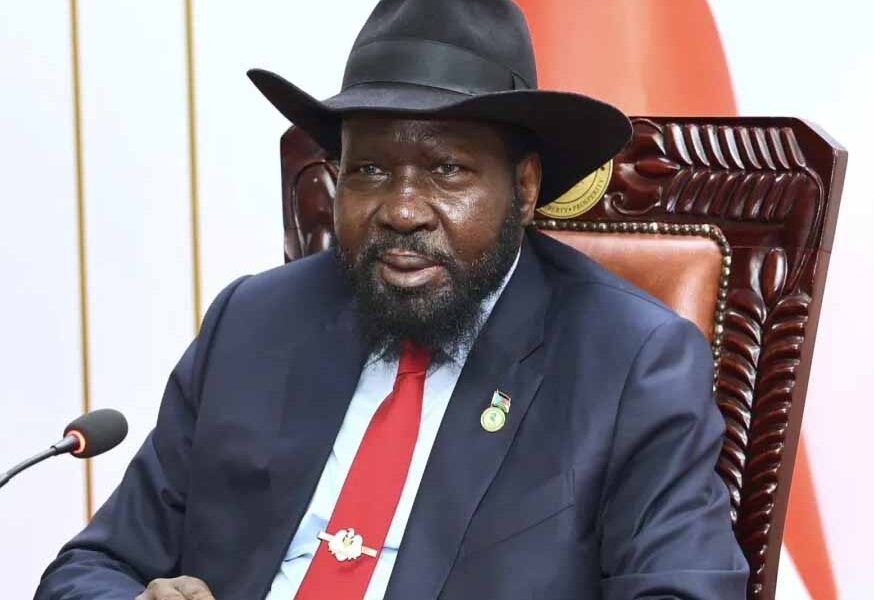By Yiep Joseph
South Sudan President Salva Kiir Mayardit has formed a committed to reorganize Nile Petroleum Corporation (NILEPET).
According to the order read out on state-owned television, South Sudan Broadcasting cooperation (SSBC) on Tuesday, the committee is to re-organize NilePet in order to achieve reform in the sector.
NILEPET is a national oil and gas company task with exploration, development, and production of oil, natural gas, and hydrocarbons in South Sudan.
The Committee include; Two Undersecretaries, one of Ministry of Petroleum as Chair and that of Ministry of Public Services as Deputy Chair.
Committee Members included representative from Petroleum & Gas Commission, the Director General (DG) for internal security Bureau of National security service (ISB-NSS).
The Managing Director, Nilepet as well director of Upstream in Nilepet are members in the committee.
Nile Petroleum Corporation (NILEPET) established under the section 13 (1) of 2012 Petroleum Act has a mandate of participating in the upstream, midstream and downstream activities of oil and gas (Petroleum Sector) on behalf of the Government of the Republic of South Sudan. Presently, NILEPET is a vibrant National Oil and Gas Company of South Sudan with Eight (8) active Joint Ventures.
With the vision to be a leading and competitive integrated oil and gas corporation of South Sudan operating with focus on profitability, environmental sustainability and corporate social responsibility (CSR) the institution continues to face a lot of challenges.
Since oil production was interrupted due to the conflict in Sudan the NILEPET continue to face a lot of challenges ranging from salary delay to stagnation in infrastructural. development
Despite little hope for oil resumption the government of Sudan later announced plans to shut down oil facilities in Port Sudan following multiple drone attacks on critical oil infrastructure.
In a letter dated May 09, 2025, Dr. Mohieddien Naiem Mohamed Saied, the Minister of Energy and Petroleum, said the bombing by the Rapid Support Forces (RSF) has negatively impacted oil facilities.
“The repeated attacks by RSF on facilities on the Republic of the Sudan has taken toll on both nations culminating in grave losses for both national economies and the foreign investors, including the deferred production for almost one and half years of stoppage and costs of restarting both the oil fields and the transportation systems,” read the statement.
The minister said the attacks by the rebels have rendered the government incapable of executing the exportation.
The attacks on the electricity substations, including the substation inside the BAPCO MT and which was directly utilised to supply power to the loading facilities, have led to a power outage in both marine terminals and have affected the ability of the two terminals to load crude oil simultaneously.
The attacks on the fuel depots in Port Sudan and other storage facilities threaten a critical shortage in supplies of fuel, critical for operating the transportation systems.
The minister revealed that Khartoum has instructed the oil facility operators to initiate plans for a possible shutdown until the situation improves.
The current crisis follows a major setback in February 2024, when a rupture in the Petrodar pipeline one of two pipelines transporting South Sudanese crude through Sudan to Port Sudan halted oil exports.
The stoppage slashed Sudan’s oil transit revenue, a critical income source, and devastated South Sudan’s economy, which relies on oil for over 90% of its foreign exchange earnings. South Sudan faced a severe financial crisis, with unpaid civil servants and warnings of potential political instability.



